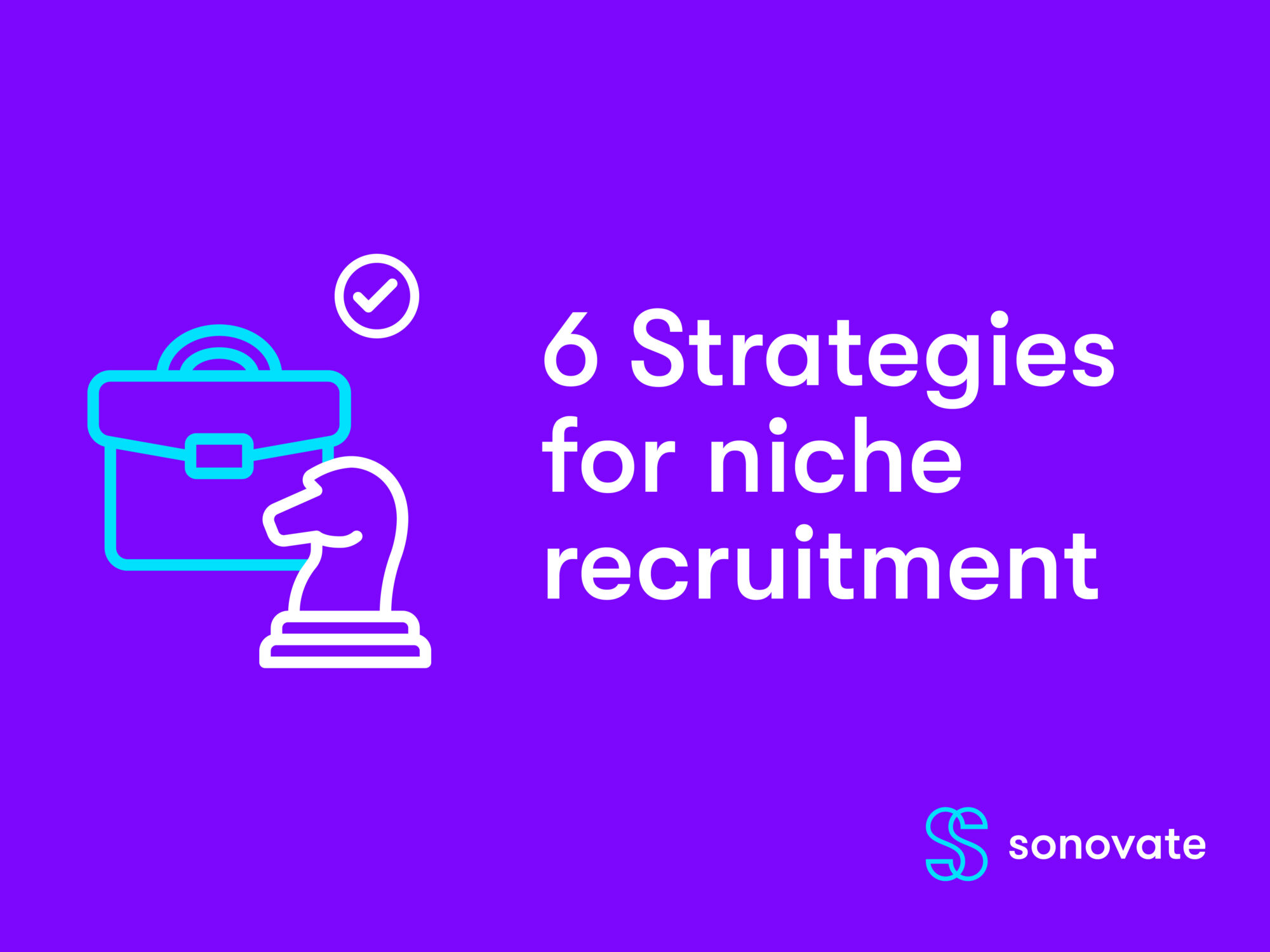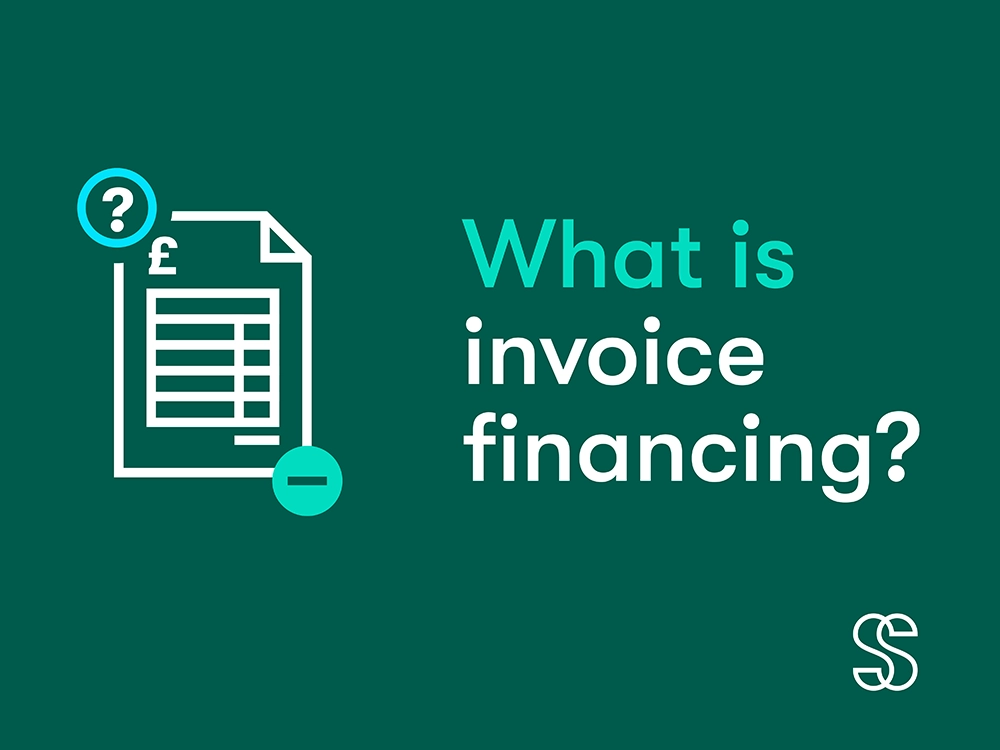What is Outcome-Based Culture (OBC) in Modern Recruitment?
In today’s fast-paced business environment, staying ahead means constantly adapting. Modern recruitment is no exception, especially when facing the challenges of an evolving workforce and the changing desires of candidates. Among the plethora of approaches to navigate this dynamic terrain, one trend is gaining significant traction: Outcome-Based Culture (OBC). So, what is OBC? How did it come into existence? And why is it so vital for today’s recruitment businesses?
Table of contents:
Understanding Outcome-Based Culture (OBC) Origins of OBC What can recruiters do in the context of OBC? Does OBC have any impact on the types of placements a recruitment agency can make?Understanding Outcome-Based Culture (OBC)
Outcome-based culture, also known as OBC, is a paradigm shift from traditional work cultures, emphasizing more on results than on the processes. Instead of focusing on hours spent or tasks completed, OBC values the actual outcomes achieved. OBC encourages a more efficient use of resources by removing unnecessary bureaucracy and processes. It also reduces the risk of getting stuck in unproductive tasks and encourages innovation and creativity. Finally, it helps create a more engaged and motivated workforce. As a result of this, businesses can be more adaptable, flexible, and employee-centric than they were before.
Origins of OBC
In a world that was once dominated by rigid corporate ladders and fixed schedules, the digital revolution started causing tremors in the traditional work environment. With the advent of technology that enabled seamless communication and collaboration, the geographical boundaries that once confined employees to a specific office space began to dissolve.
The classic 9-to-5 workday model, which had been the cornerstone of professional life for decades, began to show its age. It was becoming increasingly ill-equipped to handle the multifaceted needs of a globalised workforce. As society leaned more into the idea of work-life balance, driven in part by the demands of newer generations entering the job market, it was clear that change was afoot.
Yet, an even more profound realisation was dawning on the corporate world. The notion that monitoring employees’ hours or their physical presence in the office equated to productivity was proving to be a flawed metric. This became especially evident as remote and hybrid working models were put to the test during global events like the Pandemic. Companies discovered, sometimes to their own surprise, that a worker’s output wasn’t directly proportional to the number of hours they logged in or their presence in a cubicle. Instead, it was about the tangible results they could deliver.
In that evolving landscape, Outcome-Based Culture (OBC) emerged as the solution. Companies recognised that evaluating an employee based on the outcomes of their efforts, rather than the process or hours they put in, was a more efficient and fairer metric. The digital age, with its plethora of tools for tracking and measuring performance, played a pivotal role in this shift, empowering businesses to adopt an outcome-oriented mindset with relative ease.
Today, as the narrative around work continues to evolve, the benefits of OBC are even more pronounced. The current trend leans towards greater autonomy over work hours, patterns, and locations. Individuals are seeking more control over how, when, and where they work, striving for a model that best suits their personal needs and lifestyles.
For employers, this can pose both challenges and opportunities. OBC, with its focus on results, offers a clear lens to identify the kind of staffing a project might require. If the outcomes expected from a role can be achieved in a flexible or compressed timeframe, it might open doors for temporary or contract-based staffing. On the other hand, projects with long-term goals and consistent deliverables might be better suited for permanent roles.
Moreover, by prioritising outcomes over hours, businesses can better tap into a diverse talent pool. This includes those who might prefer unconventional working hours or those who are in different time zones altogether.
What can recruiters do in the context of OBC?
In the evolving dynamics of business, it’s not enough for recruiters to merely provide services; they must position themselves as indispensable thought partners. Clients today seek more than just a talent pipeline; they yearn for expertise, advice, and strategic alignment that can propel their business forward. By championing modern approaches like OBC, recruiters go beyond the transactional relationship, deepening their connection with clients. They become instrumental in reshaping work cultures, driving innovation, and steering the direction of the business. By fostering an environment of shared goals and mutual growth, recruiters transition from mere service providers to genuine collaborators, solidifying their role as integral stakeholders in their clients’ success.
Recruiters can offer numerous benefits to their clients by demonstrating that the concept of OBC achieves the following:
- Aligns with modern workforce expectations: Today’s younger generations, like Gen Z, yearn for more than just a paycheck. They seek purpose, flexibility, and balance. By promoting OBC, recruiters underscore their alignment with these aspirations.
- Enhances talent attraction and retention: Companies with an outcome-focused approach are magnets for talent. Such organizations attract candidates who desire more autonomy and are likely to retain them longer.
- Demonstrates results-driven approach: A shift towards results signals a company’s commitment to efficiency, productivity, and growth – a winning proposition for any client.
- Encourages diverse hiring: OBC removes barriers, allowing for a wider range of candidates, including those who might have been overlooked in a traditional setting.
- Reduces client overheads: An outcomes approach can often diminish the need for physical infrastructure, translating to considerable cost savings.
- Facilitates innovation: Encouraging employees to find the best path to their objectives can lead to innovative strategies and solutions.
- Builds trust and empowerment: Trusting employees to manage their objectives fosters a sense of ownership and pride in their work.
- Supports data-driven decision making: A culture rooted in outcomes necessitates rigorous data tracking, providing invaluable insights for strategic decisions.
- Enhances employer branding: An outcome-driven reputation can set a company apart in a crowded marketplace, attracting both clients and top-tier talent.
- Positions clients for future growth: OBC isn’t just a trend; it’s the future. Companies embracing this culture will likely be at the forefront as the business landscape continues to evolve.
Does OBC have any impact on the types of placements a recruitment agency can make?
While OBC itself doesn’t dictate specific employment types, it can influence the kind of placements an agency might consider because it places a premium on the results or outcomes achieved rather than the processes, methods, or hours employees invest. Here’s how OBC can affect the placements an agency makes:
- Flexible placements: As OBC leans towards results rather than hours logged, agencies may see a rising demand for placements that offer flexible working hours. Companies might be more open to professionals who prefer unconventional timings but guarantee results.
- Remote and hybrid placements: With an outcome-focused approach, the physical location of a candidate becomes less critical. Agencies might find an increased demand for roles that are remote or hybrid, allowing candidates to work partially from home and partially from an office.
- Freelance and contractual placements: OBC’s focus on specific results aligns seamlessly with project-based roles. Agencies could see a surge in demand for freelance or contractual placements, especially for short-term projects where companies need particular outcomes within a defined period.
- Full-time permanent placements: While OBC supports various flexible arrangements, it doesn’t negate the need for traditional full-time roles. However, the evaluation criteria for these roles may evolve, with companies prioritising candidates who are outcome-driven over those who just put in the hours.
- Part-time placements: Under OBC, part-time roles could gain prominence. Agencies might find companies more receptive to part-time placements, especially when they can ensure results comparable to full-time roles but within shorter working hours.
- Temporary or seasonal placements: For companies with outcome needs tied to specific seasons or project durations, agencies might find an uptick in requests for temporary or seasonal placements.
As the world of recruitment continues its perpetual evolution, OBC is not just another buzzword; it’s a pivotal strategy for success. By recognising and championing its benefits, recruitment businesses can solidify their place as invaluable partners in the modern business landscape. As we look to the future, it’s clear that a focus on outcomes will be at the heart of the most successful and resilient organisations.
Do you make contract or permanent placements? Sonovate can fund your outstanding invoices upfront, to help you optimise your cashflow while waiting for client payments.
Get started today!




